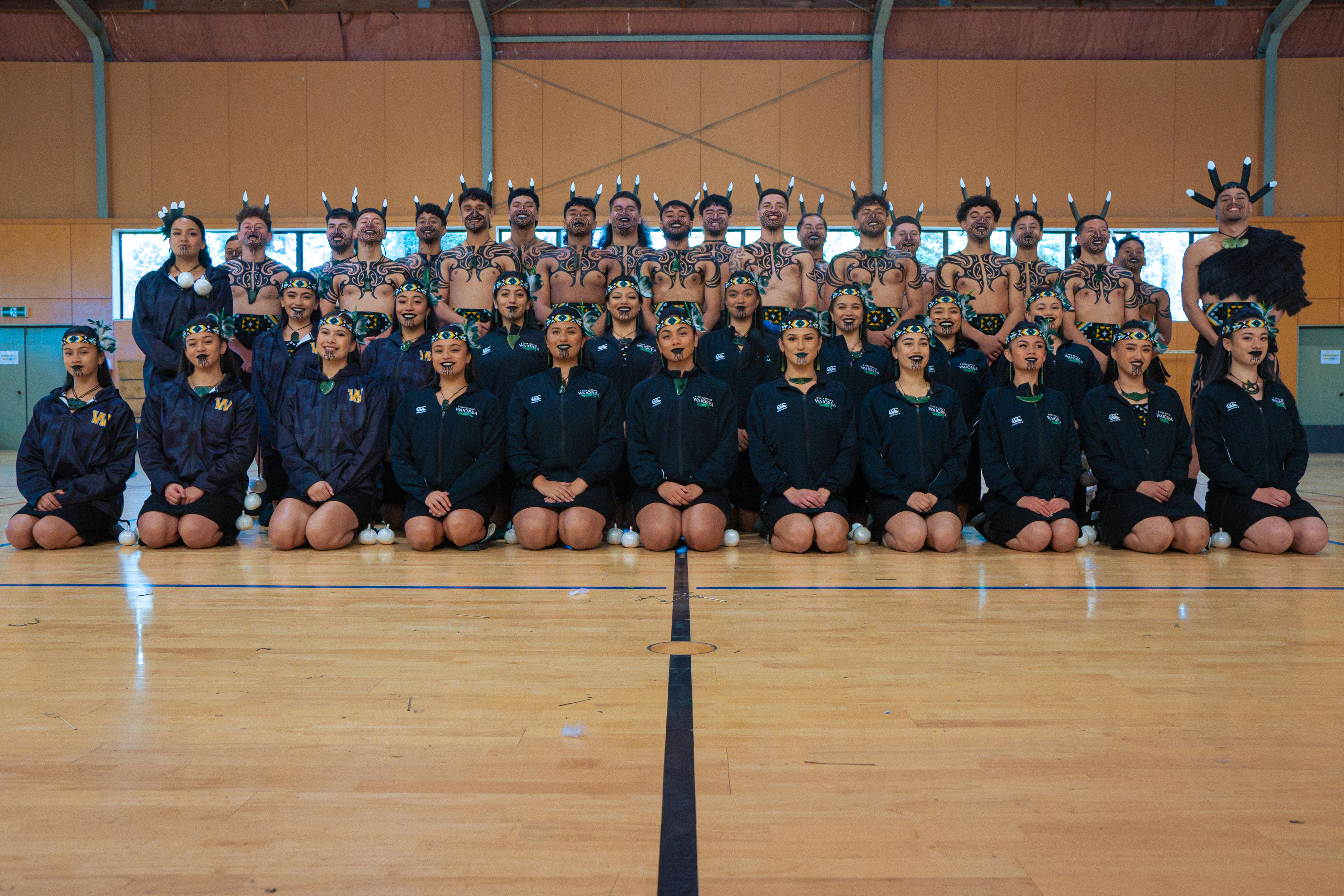To our school community, “Kua hinga he tōtara i te wao nui a Tane.” “A…
Exams… they are inching closer and no amount of denial will stop it. So get on top of your study and start now! Here is a collection of tips and ideas to help you get started.
Study space choice
Library – quiet and resources are on hand.
Home – familiar but not on your bed.
School – contextual memory. If you have studied in the exam environment you could feel less stressed for the real thing.
Other – link subjects with different locations. Check wifi availability if you have a subject that requires study online.
Setting up your study space
Light – you don’t want to face light that is too bright but make sure you aren’t shadowing your work or in a dimly lit space.
Tidy – you’ve probably heard what they say about clear space helping create a clear mind. The idea behind this being that there are less distractions from seeing clutter. Furthermore it gives you room to spread your equipment out!
Temperature – too hot or too cold and you’ll spend your time trying to get comfortable. Try to find somewhere that is a nice temperature for you and that doesn’t have a draft.
Distractions – this is pretty obvious but try and chose a space with the least distractions possible. What will distract you depends on who you are. For some people it is their phone, for others it is other people or surrounding sounds. This is because if your mind is on other things you are not going to be forming proper memory.
Space – make sure there is enough room to spread out all of your books and papers. If you keep having to shuffle stuff around you might end up missing something or getting distracted.
Staying on task
Things to remove:
- Phone – don’t even have it in the same room as you. Switch it off and place it in another room to break the need to check it when you get bored.
- Distractions – don’t sit somewhere that people will be walking past you regularly. If you keep looking up to talk to people you will lose focus and less study will have been done by the end of it.
- Loud Noises – exam halls are quiet so you want your study space to reflect that.
Things to include:
- Textbooks – have a list of pages/chapters that are most important for your subject.
- Paper – lined or unlined just make sure you have enough and that it is the right size for what you want (mind-maps vs notes)
- Calculator – keep some spare batteries on hand just in case. Having it go flat in an exam is stress that you don’t want.
- Water – stay hydrated! Avoiding caffeine will also help.
- Healthy Snacks
- A comfortable chair – if you aren’t comfortable you won’t focus for long (but not so comfortable that you just want to curl up and sleep).
Long term memory not short term memory
Ideally you want to study continuously throughout the year. This will place your learning into your long term memory and you will have a better recollection of it come exam time. Cramming before exams will only lead to you becoming stressed and possibly missing information.
Managing stress
Sleep!!!
Get outside
Exercise
When taking a break don’t go on technology or do something that actively requires your attention. You want to give your brain a break.
Avoid other people who are stressed.
Write a to do list of everything you feel like you need to do (this can be as basic or comprehensive as you like). Crossing off items as you go will activate your brain’s reward centre.
Have something fun planned for afterwards.
Less caffeine
Before the exam
Walk to your exam if possible. This helps your mindset and some fresh air will help you feel ready and awake.
Sip some water. The last thing you want is to be dehydrated during an exam as this makes it harder to think.
Avoid friends who are stressing out about the exam. If they are worrying/complaining about the exam you will probably end up feeling the same way.
Resources used:
Study Time NZ
https://collegeinfogeek.com/create-study-space/
https://www.ameritech.edu/blog/tips-make-environment-best-study-space/
https://www.timeshighereducation.com/student/advice/how-deal-exam-stress
https://www.ucl.ac.uk/news/2017/apr/7-tips-help-you-cope-exam-stress



